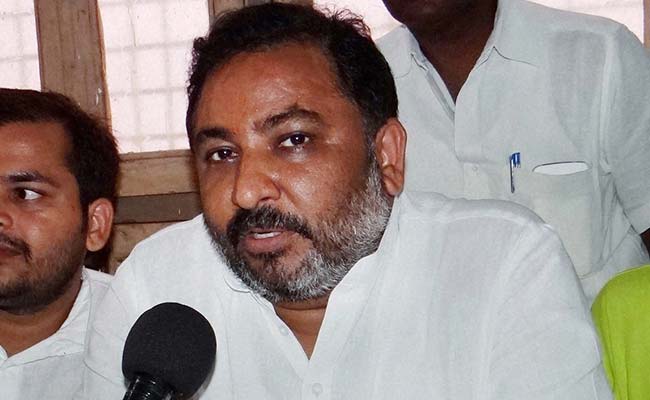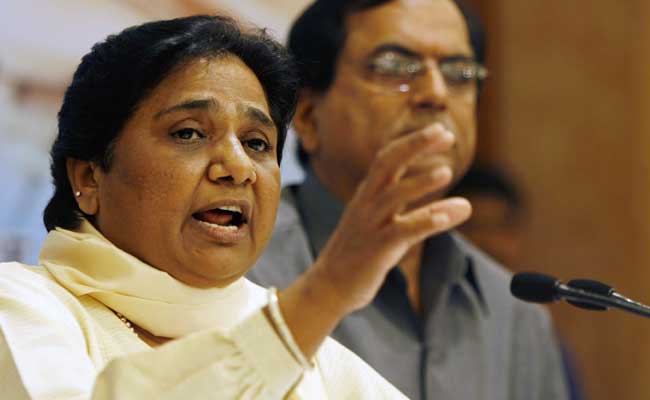Two days later, on Wednesday, Mamata Banerjee tweeted against what she called the "organised crime" in Una. Within minutes Arvind Kejriwal re-tweeted this. Reaching the House at about 10:45-10:50 am, I told Mayawati, the leader of the BSP and my senior colleague in the Rajya Sabha, about the tweet, and that I was going to raise the issue as the proceedings for the day began at 11. This was duly done, with members of the BSP joining the Trinamool Congress. At 11:10, the House was adjourned, and after repeated interruptions, met at 2 pm. The tumult continued, and the House was adjourned again at 2:10 pm, to be reconvened at 2:30.
It was in this 20-minute break that something dramatic happened. Wi-fi is available in the lobby of parliament. Checking my phone, I received a WhatsApp message from my research team. It was a video of the now-infamous speech and disgusting remarks against Mayawati made by a BJP politician in Uttar Pradesh. I was appalled and walked up to Mayawati, telling her I had received a shocking video of a speech that attacked her personally. She wanted details and asked me to show her video. I said I couldn't get myself to do it, and instead took aside her BSP colleague, Satish Mishra, and showed it to him.

Dayashankar Singh, BJP's UP Vice President, called BSP leader Mayawati "worse than a prostitute"
It was decided that, as was proper, the leader of the opposition, Ghulam Nabi Azad (Congress), would raise the issue on behalf of the collective opposition at 2:30 pm. This was duly done and the obnoxious, abusive speech was brought up in the Rajya Sabha. Understandably, the ruling party was completely isolated and had to quickly apologise and dissociate itself from its tainted senior politician in Uttar Pradesh. From 2:30 pm to about 4 pm, the anti-Dalit, misogynistic mindset of that speech and the party that fostered it was the subject of much anger in the House.

Mayawati says the BJP's action against Dayashankar Singh for his comments against her is not enough
The remarks made by that BJP politician saw Indian politics at its worst. But July 21 saw parliament at its best. It worked for nine hours - Question Hour, Zero Hour, and then a seven-hour discussion on discrimination against Dalits, following the notice some of us had given. It was a rich discussion and also a moving one. My speech - available here - left me emotionally drained. Mayawati's own intervention showed not just a combative politician, but also statesmanship.
Most of us opposition parties, particularly the smaller and regional parties, take parliament and parliamentary decorum and debate seriously. We have strived to let parliament function and minimise if not abolish walk-outs (though sometimes these are unavoidable). On July 21 too, we could have shouted and walked out, but stayed in the House and made our point.
At the fag end, after Home Minister Rajnath Singh had spoken in response to the discussion, the Congress decided to walk out. None of could see the logic and we didn't join. Later we realised the Congress was setting the stage for its Vice-President's tour of Una. Never mind. The substantial issues had already been thrashed out in the House, by parties and politicians who matter electorally and take parliament that much more seriously.
Derek O'Brien is leader, parliamentary party Trinamool Congress (RS), and Chief National spokesperson of the party.
Disclaimer: The opinions expressed within this article are the personal opinions of the author. The facts and opinions appearing in the article do not reflect the views of NDTV and NDTV does not assume any responsibility or liability for the same.


